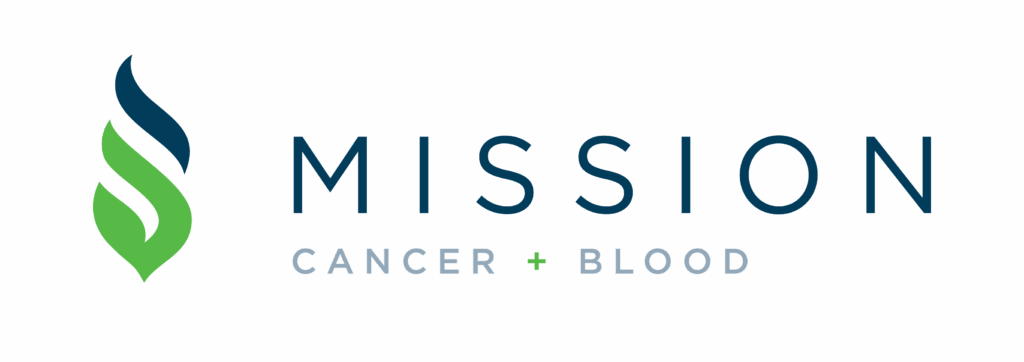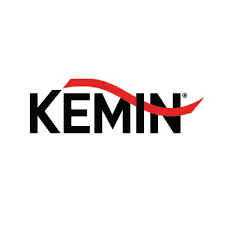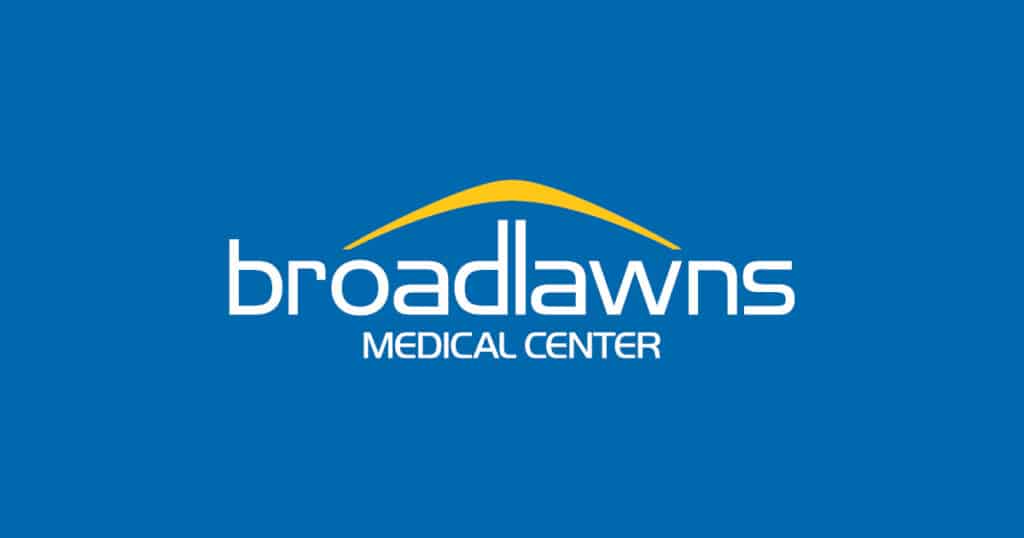States may apply for health-care transparency funds

Insurance regulators in Iowa haven’t determined whether they will seek a piece of nearly $200 million in federal funds designed to make health insurance premiums more transparent or enhance premium review processes in the state.
The funding, provided under the Patient Protection and Affordable Care Act enacted in March 2010, “provides states new resources and tools to curb those rising (health insurance premiums), as well as to help make sure that consumers and businesses are getting value for their premium dollars,” said Steve Larson, director of U.S. Department of Health and Human Services’ Center for Consumer Information and Insurance Oversight, which administers the rate review grants.
Last August, 45 states and the District of Columbia each received $1 million in a first round of federal grants to crack down on unreasonable premium hikes. Iowa did not seek any of that funding “because we already had a process in place and didn’t have a place to spend $1 million,” said Tom Alger, a spokesman for the Iowa Insurance Division.
An executive order issued by former Gov. Chet Culver in early 2010 required the division to seek independent reviews of proposed rate increases in addition to conducting its own internal reviews. Since then, two independent reviews have been conducted for increases proposed by Wellmark Blue Cross and Blue Shield. Last month, Iowa Insurance Commissioner Susan Voss approved an 8.5 percent average increase in individual premiums by Wellmark, after independent reviews by two auditing firms found the 11 percent increase requested by Wellmark to be excessive.
The Iowa Insurance Division is still evaluating whether it will apply for any of the additional funds, Alger said.
Of the second round of funding, $149 million is available to states for baseline grants to achieve these goals. Additionally, states with larger populations and more health insurers may qualify for “workload” grants totaling $22.5 million, and “performance” incentives totaling $27.5 million will be awarded to states that have, or enact, the authority to approve or disapprove rate increases.










